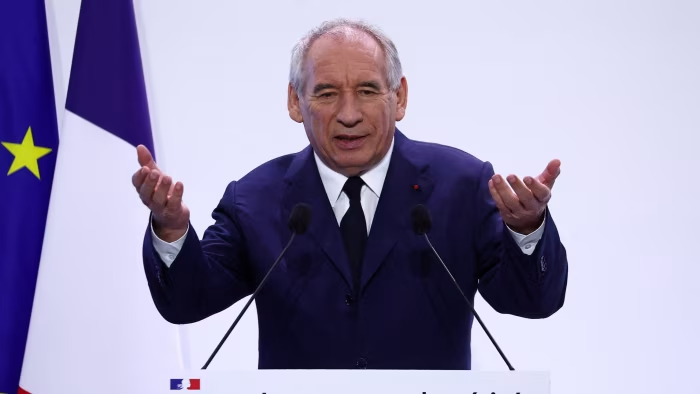🏭 Lotus Reverses Plan to Shut UK Factory After Fresh Support from Government

In a dramatic reversal of fortune, Lotus Cars has decided not to proceed with the planned closure of its iconic production plant in Hethel, Norfolk—saving approximately 1,300 jobs. The decision follows urgent intervention from the UK Government, led by Business Secretary Jonathan Reynolds, who engaged directly with executives from Lotus and its Chinese owner, Geely, after initial reports of impending shutdown.
🔍 What Led to the Reversal
- Crisis averted: Lotus had halted production in mid-May due to a combination of supply chain disruptions, U.S. tariffs, and accumulating unsold inventory—forcing it to consider shifting production to the U.S.
- Government stepping in: Following media exposure of the potential closure, UK officials—including Jonathan Reynolds—contacted Lotus and Geely, engaging in high-level talks to explore options to save the plant .
- Strategic review: Lotus confirmed they’re “actively exploring strategic options to improve efficiency and global competitiveness,” and the UK factory will continue normal operations with no closure plans in motion.
⚠️ Why It Almost Happened
- Tariff pressure: U.S. tariffs made exporting cars economically untenable, effectively halving Lotus’ U.S. exports. With 150% duty hitting Chinese-built EVs, delaying U.S. shipments like the Emira, Lotus pointedly explored production relocation.
- Declining financial performance: Lotus reported a 42% drop in deliveries and large quarterly losses—US-listed Lotus Technology posted a $103 million operating loss in Q2 2025, although this was narrower than the previous year.
- Debt limitations: In recent quarters, Lotus struggled to pay suppliers, completed a round of 270 job cuts, and saw senior leadership departures—constraints that contributed to evaluating plant closure.
🤝 Government & Industry Response
- Political will: The Labour government is prioritizing advanced manufacturing in its industrial strategy, offering incentives like lower energy costs and targeted support for critical sectors.
- Negotiation leverage: The administration’s intervention was swift and constructive, as officials engaged Lotus and Geely just days after the Financial Times reported on the proposed shutdown.
- Boost for UK automotive: Preventing closure marked a morale boost for a sector plagued by high-profile plant shutdowns from Ford and Honda, reinforcing the government’s resolve to support domestic manufacturing .
🛠️ What’s Next at Hethel?
- Continued production: The Hethel plant will resume normal operations while strategic options are explored to improve operational efficiency and global reach.
- Tariff mitigation strategies: Lotus is evaluating U.S. local production partnerships to circumvent trade barriers—potentially leasing capacity from sister brand Volvo in South Carolina.
- Support mechanisms: The government may formalize assistance through financial or policy incentives—potentially aligned with broader industrial strategy frameworks.
- Wider industry context: Outcome of negotiations may set precedent for other UK-based global brands facing structural and trade challenges.
🔮 Final Takeaway
Lotus’s U‑turn highlights both the vulnerability and resilience of UK manufacturing. While global pressures—from political tariffs to operational inefficiencies—forced a red‑alert scenario, decisive government action and the value placed on advanced automotive heritage averted catastrophe. The coming months will reveal whether this reprieve spawns a deeper, sustainable strategy for Lotus at Hethel—or merely delays an eventual shift overseas.




